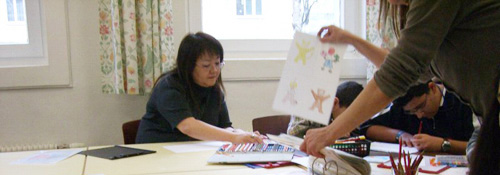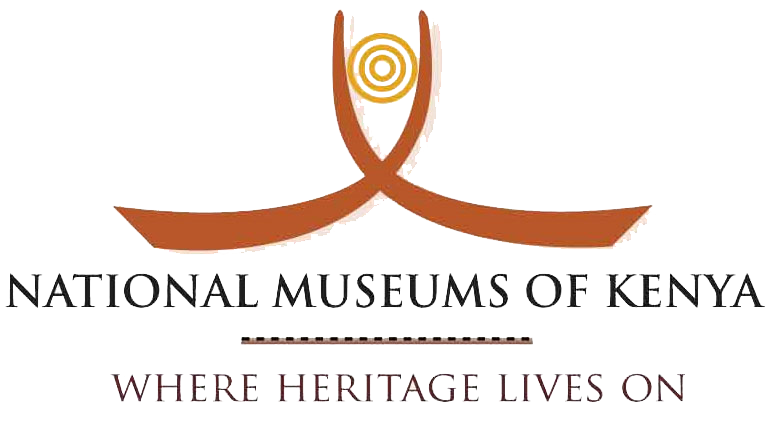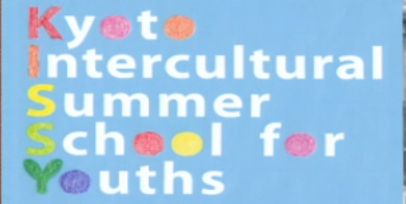Pangaea is a non-profit organization headquartered in Kyoto, Japan. Its mission is to be a peace engineering laboratory for the creation of a universal playground, where children around the world can develop personal bonds, transcending the boundaries of language, time and space.
It is funded, supported and participated in by universities, research institutes, government bodies, private corporations and individuals, including researchers and artists, with its extended web of network the world over. The project was named after the ancient supercontinent Pangaea, when five continents were a single land mass, to represent the bond to be built among children who will inherit tomorrow's world.
9.11.2001 was the day the concept of Pangaea began.
I happened to be in U.S., visiting MIT (Massachusetts Institute of Technology) on business. Mr. Takasaki, the co-founder of Pangaea, was with MIT as well at the time, as a visiting researcher. We were planning to take the flight UA93 on the 11th to attend a meeting in San Francisco but canceled it three days before, due to the schedule change of another meeting in New Jersey on the 10th.
And then came the doomed day...After that horrific event, I was alarmed to hear people in the U.S. talking about how "eerie" or "scary" Islam and Arabs are, because I have Iranian and Iraqi friends, and it was clear that these expressions were based on ignorance.

A nation is made of group of individuals, which may include both good and bad people. I started envisioning Pangaea when I asked myself this question: Would we be able to decrease dangerous generalizations, based solely on one's background, if there were a place where children around the world could meet and get to know each other? Is there anything we could do to make that possible?






